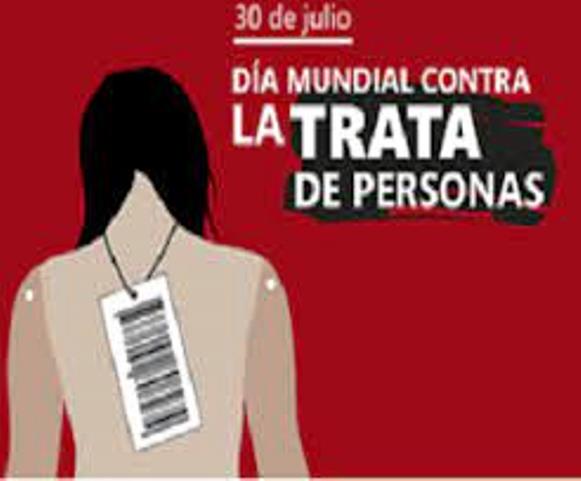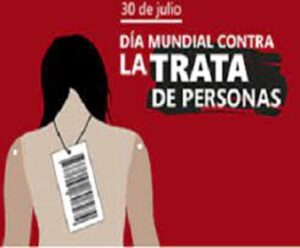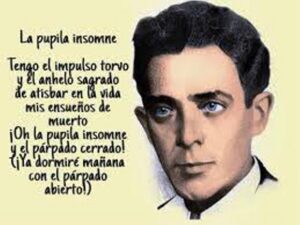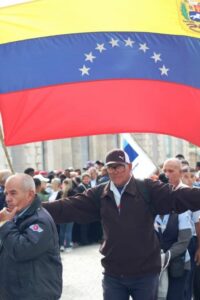An appeal for human dignity.

 The celebration today, July 30th, of the World Day against Trafficking in Persons became an incentive to raise awareness among the population and particularly among governments regarding this serious problem and its alarming expansion worldwide.
The celebration today, July 30th, of the World Day against Trafficking in Persons became an incentive to raise awareness among the population and particularly among governments regarding this serious problem and its alarming expansion worldwide.
It is estimated that approximately 30 percent of those affected are children in forced labor in precarious working conditions, while the other 70 percent, corresponding to women and girls, suffer the ravages of sexual exploitation from a very early age. And if we add to this the criminal acts, such as the commercialization of organs on the black market or drug trafficking, the incidence of this scourge shoots up considerably.
On the other hand, quickly, quickly, profitability, profitability and anonymity of the Internet and the digital universe are perceived as hits for the trafficking, who employ the network of networks as a stage to collide their theories and therefore recruit, illicitly, and submit to their victims.
In this regard, there are several initiatives against this scourge. In addition to the international awareness campaign, the campaign is driven by the Blue Heart, driven by the UN in 2008 and the United Nations Protocol to prevent, suppress and suppress the Treaty of Persons, which from 2003 has developed an intense labor against this problematic and that between many other States, has the support of Cuba.
Precisely, Article 66 of our Magna Carta endorses the prohibition of child and adolescent labor, while in Cuba social protection and equity are enhanced, as well as citizen security through the implementation of programs for the empowerment of women and free access to health, education, culture, sports and recreation services.
Likewise, under the «zero tolerance» policy, the National Action Plan for the Prevention and Confrontation of Human Trafficking in Cuba and the Protection of Victims was drawn up, which constitutes a fundamental tool in the coordinated action between the State and Cuban civil society organizations to address this serious crime.
In addition, the authorities of the largest of the Antilles maintain cooperation and exchange with the International Criminal Police Organization (INTERPOL), the United Nations system and other counterpart agencies of European countries and the region, in order to promote greater prevention and confrontation of human trafficking and taking into account that specialized attention to victims and the most vulnerable people continues to be a priority for our country.
Definitely, the World Day against Human Trafficking is a humanitarian claim that appeals to the visualization, awareness, dissemination and implementation of actions to undermine this harm and represents a breakthrough for the nations of the world to realize the full dignity of men that our José Martí defended so much.
Written by Yadiel Barbón Salgado.




